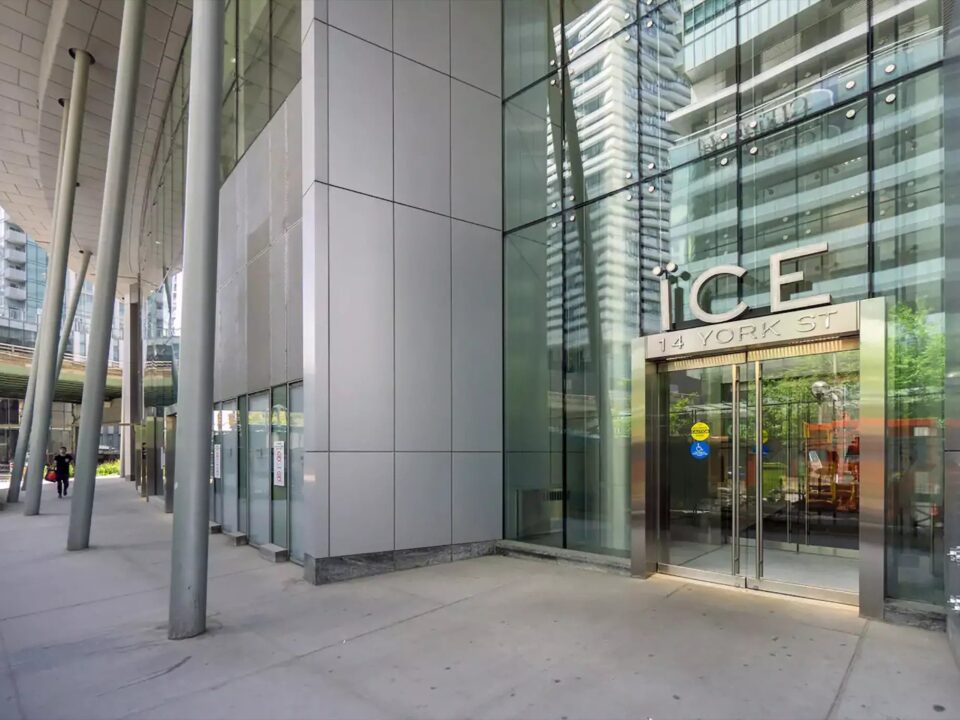Ontario’s Housing & Rent Reform 2017
Ontario’s Housing & Rent Reform 2017

What Homeowners, Buyers, Sellers & Renters
Need to Know
Recently Premier Wynne announced that Ontario would be initiating 16 new legislations designed to balance and cool the red-hot housing market among other things.
Here are the 16 points explained:
Actions to Address Demand for Housing:
1) A 15% non-resident speculation tax (NRST).
The NRST will be imposed on buyers in the Greater Golden Horseshoe area (Southern Ontario from the Niagara region to Peterborough) who are not citizens, permanent residents or Canadian corporations. The goal is to make housing more available and affordable. For a more detailed look at this action in its entirety, click this link: www.fin.gov.on.ca/en/bulletins/nrst/nrst.
Actions to Protect Renters:
2) Expanded rent control.
This will apply to all private rental units in Ontario, including those built after 1991, which are currently excluded. Increases in rental costs can only rise at the rate posted in the annual provincial rent increase guideline. Over the past decade, the increase has averaged two per cent and is capped at a maximum of 2.5 per cent annually.
3) Updates to the Residential Tenancies Act.
This includes a standard lease agreement, tighter provisions for “landlord’s own use” evictions and technical changes to the Landlord-Tenant Board. This act would further protect tenants and ensure predictability of landlords.
Actions to Increase Housing Supply:
4) Leveraging the value of surplus provincial land assets.
This initiative will help develop a mix of market-price housing and affordable housing. Potential sites under consideration for a pilot project include: West Don Lands, 27 Grosvenor/26 Grenville Streets in Toronto, and other sits in the province.
5) Introduce a vacant homes property tax.
This legislation would encourage property owners to sell unoccupied units or rent them out in Toronto, and possibly other municipalities. This will address concerns about residential units potentially being left vacant by speculators.
6) Property tax for new apartment buildings.
This property tax would be charged at a similar rate as other residential properties. This will encourage developers to build more new purpose-built rental housing and will apply to the entire province.
7) A five-year, $125-million program aimed at encouraging the construction of new rental apartment buildings.
A portion of development charges would be rebated. Projects will target communities that are most in need of new purpose-built rental housing.
8) Flexibility for municipalities when it comes to using property tax tools to encourage development.
For example, municipalities could be permitted to impose a higher tax on vacant land that has been approved for new housing.
9) The creation of a new Housing Supply Team.
This team will work with the development industry and municipalities to identify opportunities to streamline the development approvals process.
Other Actions to Protect Homebuyers and Increase Information Sharing:
10) Understand and tackle practices that may be contributing to tax avoidance and excessive speculation in the housing market.
This includes “paper flipping,” a practice that includes entering into a contractual agreement to buy a residential unit and assigning it to another person prior to closing.
11) A review of the rules real estate agents are required to follow.
This will ensure that consumers are fairly represented in real estate transactions. The government intends to make Ontario a leader in real estate standards by improving the home-buying experience, modernizing its rules and reviewing practices such as double-ending.
12 ) The launch of a housing advisory group.
This group will meet quarterly to provide the government with ongoing advice about the state of the housing market. The group will include economists, academics, developers, community groups and the real estate sector.
13) Education for consumers on their rights in real estate transactions.
This focuses on the issue of one real estate professional representing more than one party in a transaction. Coinciding with Rule 11, ensuring that consumers are fairly represented in real estate transactions.
14) A partnership with the Canada Revenue Agency.
This legislation is made to explore more comprehensive reporting requirements so that correct federal and provincial taxes, including income and sales taxes, are paid on purchases and sales of real estate in Ontario.
15) Set timelines for elevator repairs to be established.
This is in consultation with the sector and the Technical Standards & Safety Authority.
16) Provisions to consider the appropriate range of unit sizes in higher density residential buildings.
This will help accommodate a diverse range of household sizes and incomes, among other things. It would also reflect the needs of a growing Greater Golden Horseshoe through an updated Growth Plan.

